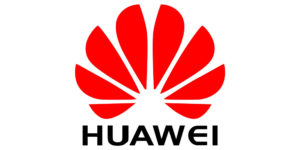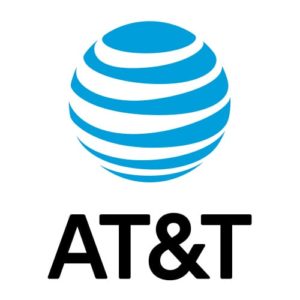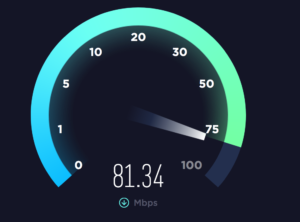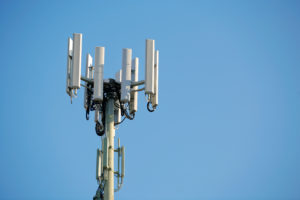 Verizon announced today in their first-quarter earnings call that it has started deploying commercial nodes in three markets in the US in support of their planned launch of their fixed 5G network later this year. “We are quickly approaching the launch date of our residential broadband service,” said Verizon CFO Matt Ellis. Sacramento is the only market Verizon has named so far; the other two markets won’t be announced until closer to the launch.
Verizon announced today in their first-quarter earnings call that it has started deploying commercial nodes in three markets in the US in support of their planned launch of their fixed 5G network later this year. “We are quickly approaching the launch date of our residential broadband service,” said Verizon CFO Matt Ellis. Sacramento is the only market Verizon has named so far; the other two markets won’t be announced until closer to the launch.
As for their mobile 5G network, rollout is further out and according to Ellis will be “very much heavily focused on urban areas.”



 Huawei made a splash at their Global Analyst Summit in Shenzhen this week, showing off their plans for 5G. Counterpoint Analyst Neil Shah tweeted throughout the event, sharing the announcements along with his commentary. Perhaps the most exciting announcement was that Huawei will be launching a 5G smartphone in the second half of 2019 running its own 5G chip.
Huawei made a splash at their Global Analyst Summit in Shenzhen this week, showing off their plans for 5G. Counterpoint Analyst Neil Shah tweeted throughout the event, sharing the announcements along with his commentary. Perhaps the most exciting announcement was that Huawei will be launching a 5G smartphone in the second half of 2019 running its own 5G chip. AT&T has been working with small businesses in three US cities over the past year to trial their 5G network (which they plan to deploy in 12 cities by the end of the year), and today they released the results of some of their testing:
AT&T has been working with small businesses in three US cities over the past year to trial their 5G network (which they plan to deploy in 12 cities by the end of the year), and today they released the results of some of their testing: While the whole world is eager to see what 5G can do, no country seems more excited than the UK. Various UK departments and agencies have put together reports studying how 5G can benefit the public, and while the research obviously centers around their local communities and industries, the conclusions and data can still be used to assist researchers and officials in projecting the impact of 5G here in the US.
While the whole world is eager to see what 5G can do, no country seems more excited than the UK. Various UK departments and agencies have put together reports studying how 5G can benefit the public, and while the research obviously centers around their local communities and industries, the conclusions and data can still be used to assist researchers and officials in projecting the impact of 5G here in the US. The UK government has set their sights on 5G as a tool to increase safety, communication, and efficiency in communities. To see how 5G can benefit real-world communities, the Department for Digital, Culture, Media and Sport is looking for a city with a popular of at least 500,000 people in which a 5G network can be launched. Digital minister Margot James said: “This is a huge opportunity for an urban area to become the flagship of our ambitious programme to make Britain fit for the future and a world leader in 5G. Trialling 5G at scale across an entire city is a chance to prove the economic benefits predicted from this new technology, test different methods of deployment, and boost the connectivity of ordinary people working and living there.”
The UK government has set their sights on 5G as a tool to increase safety, communication, and efficiency in communities. To see how 5G can benefit real-world communities, the Department for Digital, Culture, Media and Sport is looking for a city with a popular of at least 500,000 people in which a 5G network can be launched. Digital minister Margot James said: “This is a huge opportunity for an urban area to become the flagship of our ambitious programme to make Britain fit for the future and a world leader in 5G. Trialling 5G at scale across an entire city is a chance to prove the economic benefits predicted from this new technology, test different methods of deployment, and boost the connectivity of ordinary people working and living there.”
 UK mobile operator O2 released a report this week titled “The value of 5G for cities and communities,” detailing the anticipated positive impacts 5G will have in a variety of sectors. The report utilizes research and examples rooted in the UK, but the message is global: the integration of 5G technology in any city or town could mean billions of dollars in savings and increased productivity.
UK mobile operator O2 released a report this week titled “The value of 5G for cities and communities,” detailing the anticipated positive impacts 5G will have in a variety of sectors. The report utilizes research and examples rooted in the UK, but the message is global: the integration of 5G technology in any city or town could mean billions of dollars in savings and increased productivity.